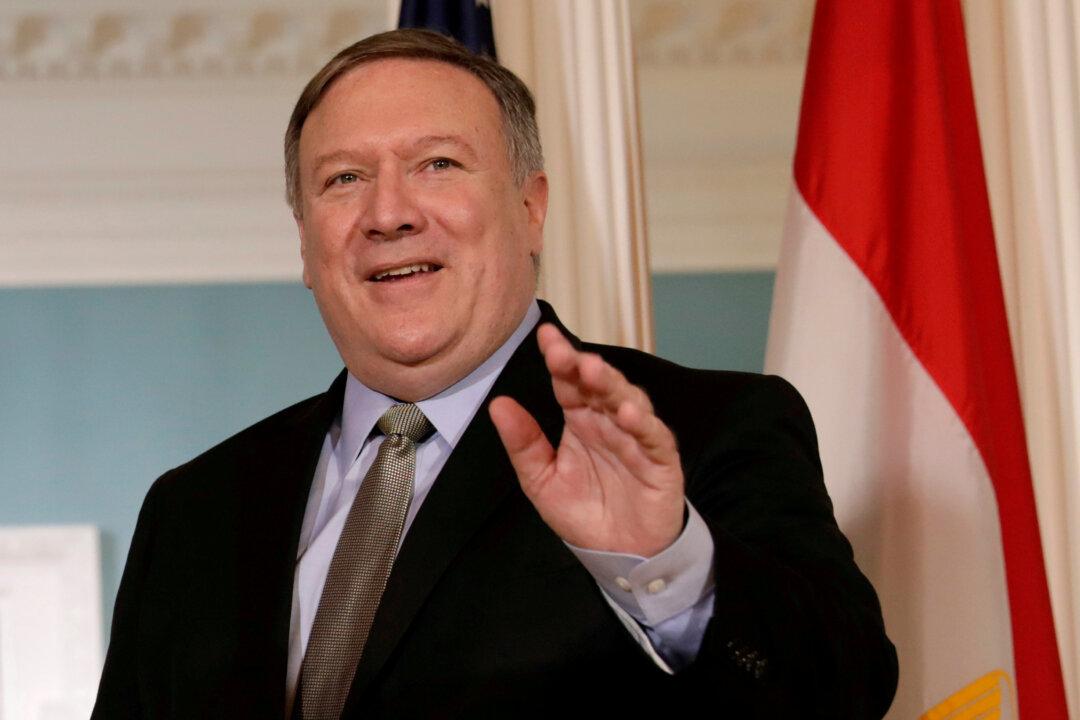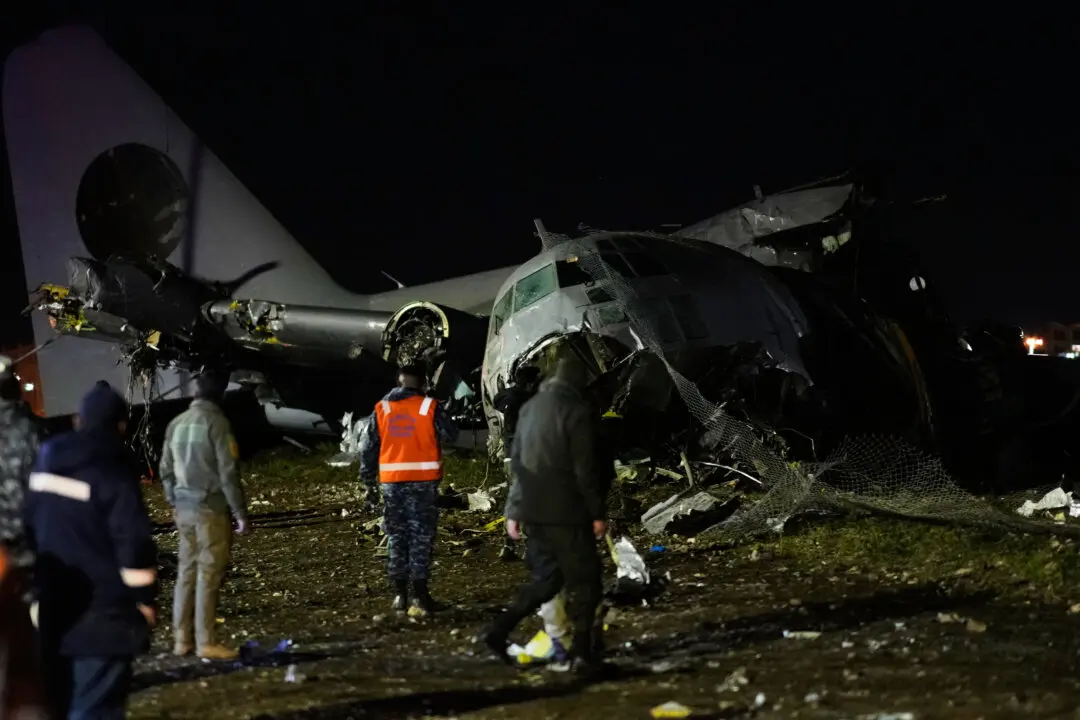WASHINGTON–U.S. Secretary of State Mike Pompeo said on Sept. 12 that he certified to Congress that Saudi Arabia and the United Arab Emirates were working to reduce civilian casualties in Yemen, avoiding a limitation on U.S. help for its ally Saudi Arabia.
Without the certification, U.S. tanker aircraft would have been restricted in the refueling of Saudi-led coalition aircraft conducting strikes against Houthi rebels backed by Iran.





